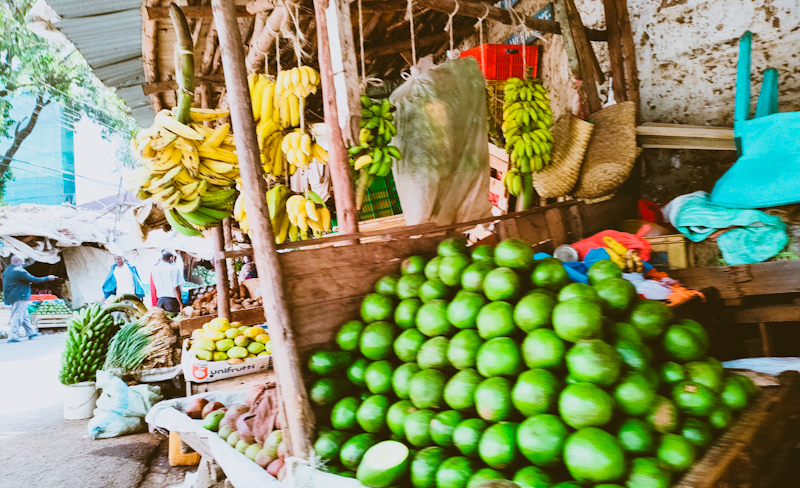Kenya’s annual inflation eased to 5.7 per cent in December from the previous month’s 5.8 per cent, helped by lower fuel costs attributed to the ongoing government subsidy, as per data released on Friday.
Fuel prices for the period 15th December 2021 to 14th January 2022 remained unchanged at Ksh 129.7 per litre for Super Petrol, Ksh 110.6 per litre for Diesel, and Ksh 103.5 per litre for Kerosene which has had an impact on the inflation basket.
“This was mainly due to an increase in prices of commodities under; food and non-alcoholic beverages (9.09%); transport (8.10%); and housing, water, electricity, gas and other fuels (6.24%) between December 2020 and December 2021,” the Kenya National Bureau of Statistics said.
However, the month-to-month Food and Non-Alcoholic Beverages Index increased by 1.68 per cent between November 2021 and December 2021.
This was mainly attributed to increasing in prices of some food items, which outweighed the decrease in prices of others.
The government expects inflation, as measured by the Consumer Price Index (CPI) to remain within its set range of 2.5 per cent – 7.5 per cent.
“However, concerns remain high on the widening trade deficit as global fuel prices continue to rise due to supply bottlenecks,” said Cytonn Investments in its inflation outlook commentary.
“We anticipate that diesel and petrol prices will continue to increase as they trail global oil prices. It would have been tough, save for the ongoing government subsidy,” AIB-AXYS Africa said in its weekly note.
NCBA Research Analysts also state that “Even then, inflation is still well within the statutory target band. Whereas persistent supply constraints, weather-related shocks and foreign
exchange weakness could present some threats, risks of escalating beyond target remain low.”





1 Comment
Pingback: MPC Meet: CBK ‘May Not Offer Fresh Guidance’ at Next Policy Meeting